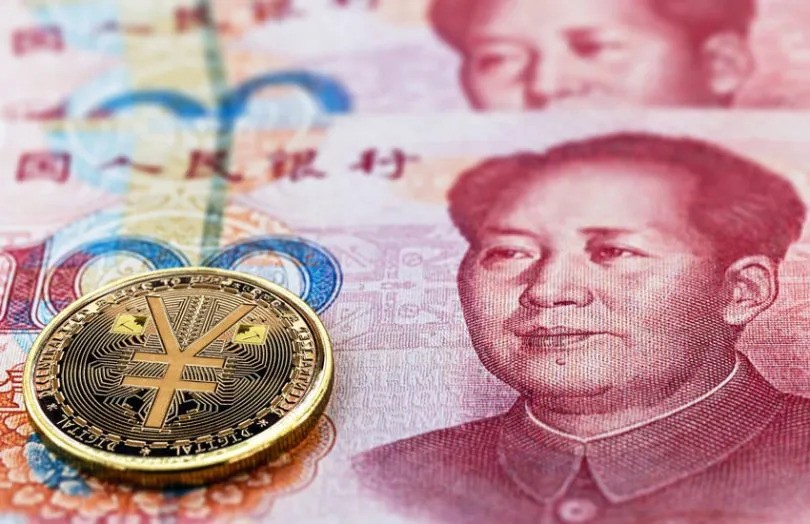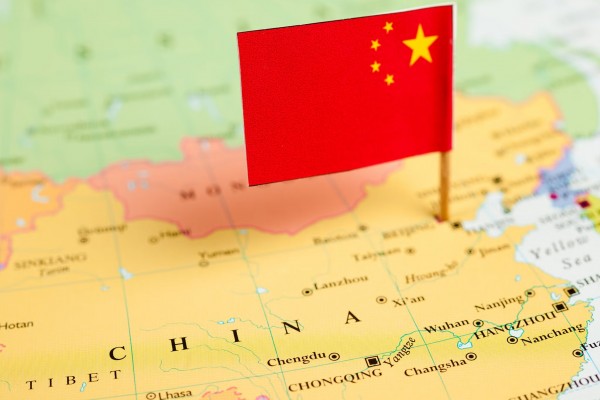Review № 28 of Chinese Antitrust News from the Experts of the BRICS Competition Centre
- SAMR and Beijing IP Court linked law enforcement and judicial systems
- Guangdong Internet Platforms Compliance Guide
- Social networks require identity verification
- CCPIT survey: more than 80% of foreign companies are satisfied with the business environment in China
- China joined in signing the Bletchley Declaration
- Draft municipal guidelines for regulating marketing streams
- SAMR met with AmCham China
- Alibaba and Tencent AI collaboration
SAMR and Beijing IP Court linked law enforcement and judicial systems
SAMR and the Beijing Intellectual Property Rights Court have created a mechanism to link the antitrust enforcement and justice systems. The parties agreed to launch a daily communication mechanism, strengthen the sharing of digital data, explore opportunities for connecting systems for identifying potential violations and collecting evidence, exchange information on the most representative cases, and provide each other with expert and technical support.
Source: SAMR
Guangdong Internet Platforms Compliance Guide
The Guangdong Provincial Market Authority has published Anti-Monopoly Compliance Guidelines for Internet Platforms. It describes four types of anti-competitive actions (agreements, abuse of dominant position, uncoordinated M&A transactions, abuse of administrative powers to the detriment of competition) and lists anti-monopoly risks (namely, fines provided for by the Anti-monopoly Law of the People's Republic of China). For each type of violation, a list of high-risk (“sensitive”) actions is also provided: for example, for anti-competitive agreements, this includes the use of Internet platforms for collecting and exchanging information about prices, sales volumes, costs, customers, etc.; applying data and algorithms to implement coordinated actions; the use of technical means for automatic pricing or platform rules to unify prices; application of punitive measures (cancellation of benefits, demotion in search results, traffic limitation) to counterparties who do not comply with resale price restrictions.
Sources: Amr.gd.gov.cn, News.cnr.cn
Social networks require identity verification
China's largest social networks (WeChat super app, Sina Weibo microblog, Douyin and Kuaishou short video platforms, Bilibili video hosting and Xiaohongshu lifestyle platform) demanded that content creators with an audience of more than 500 thousand or 1 million people display the real name of the individual in their account information person or name of the sponsoring organization. It was previously required to provide verified personal or legal details when registering on social platforms, but until then real names were not publicly displayed. Failure to comply will result in restrictions on click-through rates and revenue from business activities. WeChat said the new policy will help “increase the credibility” of bloggers and facilitate “public oversight of compliance with public interests.”
Source: China Daily
CCPIT survey: more than 80% of foreign companies are satisfied with the business environment in China
The China Council for the Promotion of International Trade's (CCPIT) Q3 survey showed that the Chinese market remains attractive to foreign companies, with more than 80% of the 700 firms surveyed expressing satisfaction with the conditions for doing business in China. Based on the results, the main development opportunities are related to technological innovation and research and development (R&D). It was also found that 70% of foreign companies maintained the stability of their production chains in China. Foreign business confidence is rising following the introduction of incentive policies, expansionary fiscal policies and an improving business environment. An important observation has been the integration of foreign investors into key supply chains traditionally dominated by leading Chinese companies, especially in the production of new energy vehicles. Thus, the Volkswagen Group recently invested about $700 million in the electric car manufacturer XPENG Motors.
Source: Global Times
China joined in signing the Bletchley Declaration
28 countries, including China, the US, Australia and EU members, have signed the Bletchley Declaration, “the Western world’s first step to govern the safe development” of artificial intelligence. The signatories agreed that AI poses a “potentially catastrophic risk” to humanity. The declaration was signed at the Safe AI Summit in the UK. From China, Deputy Minister of Science and Technology Wu Zhaohui took part in the signing: he expressed Beijing’s intention to strengthen cooperation in the field of AI security in order to build an international governance format. Earlier, China announced the launch of the Global AI Governance Initiative: it states that all countries, regardless of their size, influence and social system, have an equal right to develop and apply AI.
Draft municipal guidelines for regulating marketing streams
The Hangzhou City Justice Department is conducting public consultation on the draft Compliance Guidelines for the Live Broadcasting Marketing Industry. In particular, the guidance prohibits the hosts of selling streams from entering into minimum price agreements with suppliers of goods and services or carrying out other coordinated actions, unless this is not considered an anti-competitive agreement by law. Often, the most famous bloggers have such authority in the information space that they can impose their own conditions on sellers: for example, demanding exclusive cooperation or the right to offer a minimum price, which violates fair market conditions. In this case, agreements on the minimum price may be regarded as a violation of Article 18 of the Antimonopoly Law of the People's Republic of China or the Antimonopoly Guidelines for the Platform Economy.
SAMR met with AmCham China
SAMR General Engineer Huang Guoliang met with the President of the American Chamber of Commerce in China (AmCham China) Michael Hart and representatives of American business. He assured the American side of China's intention to increase external openness and attract foreign capital. According to him, SAMR will conscientiously perform its functions to create an internationalized business environment operating on the basis of law and market laws. Michael Hart, in turn, highly appreciated the department’s efforts to support foreign companies and presented a report on the activities of American firms in China for 2023. The parties exchanged views on the development of US companies in China, antitrust policy, regulation of direct retail sales, etc.
Source: SAMR
Alibaba and Tencent AI collaboration
China's tech giants Alibaba and Tencent are gradually moving away from fighting each other and starting to work together. Thus, recently long-time competitors invested millions of dollars in two promising AI startups: Zhipu and Baichuan. Startup founders no longer have to choose between industry leaders: Alibaba and Tencent are ready to invest together.
Previously, their ecosystems were strictly fenced off from each other (walled gardens), but at the direction of the Chinese authorities, the companies are working on interoperability: gradually introducing each other’s tools, mutually displaying links, etc. Thus, Alibaba and Tencent even decided to join forces as part of the November 11 sale and help the other increase sales volumes, although previously the so-called. Singles Day was the premier marketing competition of the year.
For clarity, Bloomberg draws a parallel with Western companies: “imagine that Meta Platforms Inc. and Google began routing traffic and payments through each other's [systems].
Source: Bloomberg




